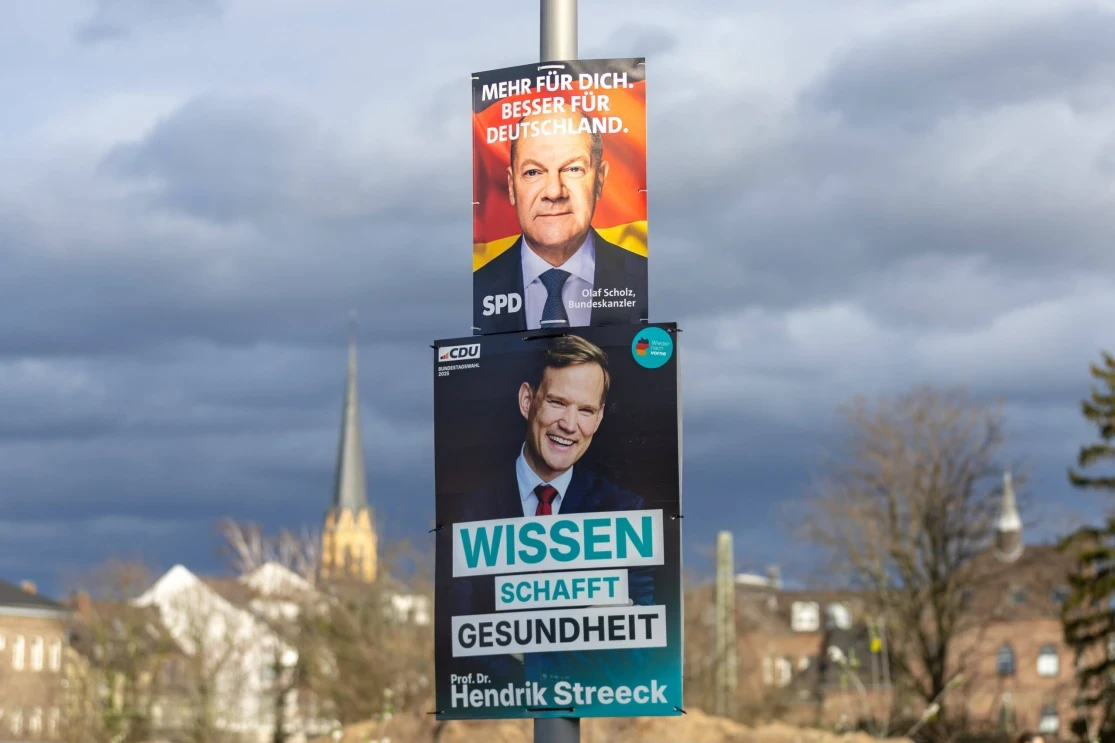Is Germany’s election make or break for green ambitions?
Photo: Marc John/IMAGO/NTB
Tobias Federico, Director at Montel Analytics, examines the challenges and opportunities facing Germany’s energy landscape as the country approaches snap elections, with debates over economic growth and green policies taking centre stage.

Track the biggest policy changes affecting energy markets